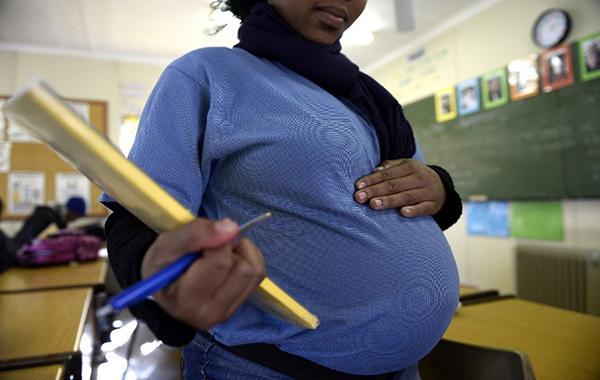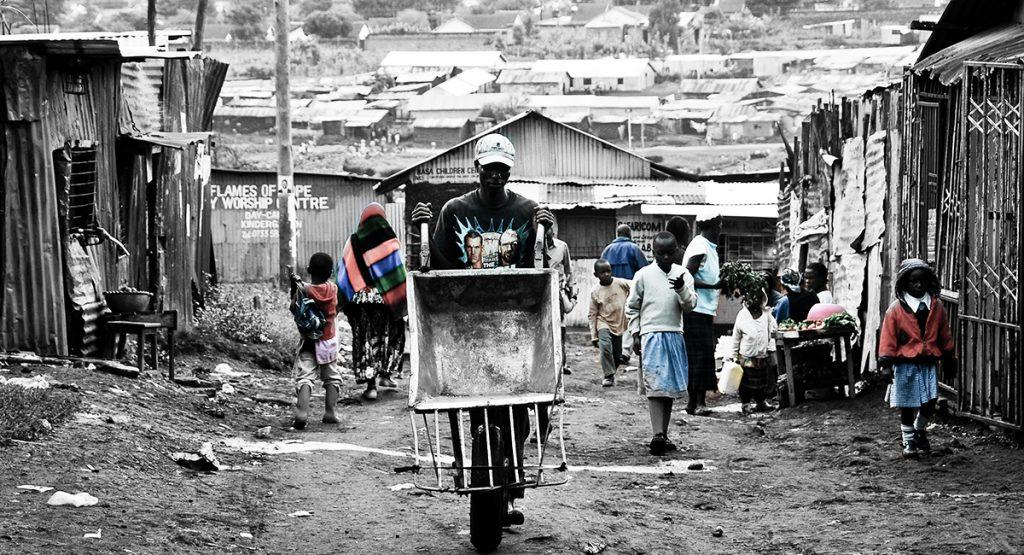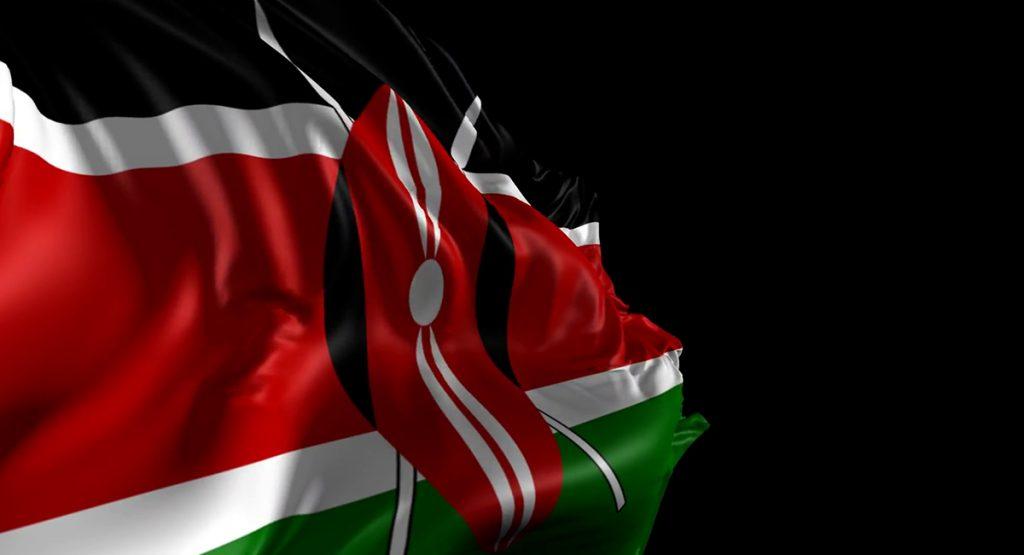As the country struggles to curb the spread of coronavirus, teenage pregnancy has also starred as another outbreak that has raised alarm all over the country. It has been weeks since the media reported data that is said to have been from public facilities, even as stakeholders continue to debate on this matter and blaming each other, the big question remains, how do we liberate our girls from another pandemic called teenage pregnancies?
The magnitude of the problem extends to the social, mental and economic wellbeing of the pregnant girls as most them are not able to complete their education despite the existence of policies that support them to resume school after delivery; Important to note is that complications relating to pregnancies and childbirth are the leading causes of deaths for girls age 15-19 (WHO), therefore this pandemic exposes teenage girls to even greater risk. Their limited capacity to negotiate for safe sex, school closure, sexual violence, and perhaps the COVID-19 pandemic might have been the leading causes of teenage pregnancy.
Urban informal settlements have mostly been affected by the surge of teenage pregnancies with teenagers being left at the mercy of quack doctors procuring unsafe abortions, while those who choose to keep the baby have limited access to essential healthcare. Doreen is a thirteen-year-old girl living in Mukuru slums, she is four months pregnant from a 23-year-old man, Doreen has since faced rejection from her parents and the man who impregnated her. She expresses her dissatisfaction with the antenatal care she has been receiving from a nearby facility. Doreen represents thousands of girls across the country who are facing tough times in the midst of the COVID-19 pandemic.
Enough said, if the issue of teenage pregnancies is not addressed then we might end up having more teenage pregnancies than COVID-19 cases; so how do we sustain the gains made over the years as we fight the COVID-19 pandemic? Stakeholders including parents, the government, and Non-Governmental Organizations should promote comprehensive sexuality education that will help learners make informed decisions concerning their bodies and health. There is also a need for continuous advocacy to address policy barriers that limit enabling legal and socio-cultural environment for accessing Sexual Reproductive Health Services and information
Finally, it is imperative to note that the root causes of teenage pregnancies are complex and to be successful, there is a need for comprehensive, multi-pronged, and multi-sectoral approaches and integration of the approaches in COVID-19 response especially at the County level.
BIO
Steve is a passionate Reproductive health advocate who has a reputation in the youth sector when it comes to reproductive health and rights.
He is a youth health advocate from Nairobi Youth Advisory Council championing for the rights of youth and adolescents, sexual minorities to access to comprehensive and age-responsive sexual reproductive health knowledge about their sexual and reproductive rights.
SOCIAL MEDIA HANDLES
Facebook- Steve Ougo
Twitter- @Steve_Ougo
LinkedIn- Steve Ougo



